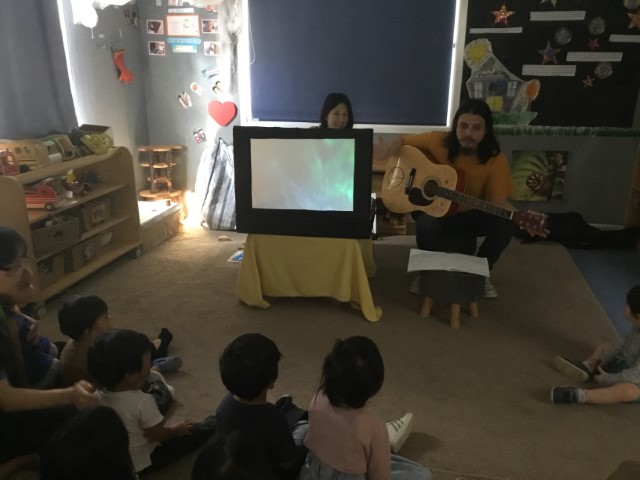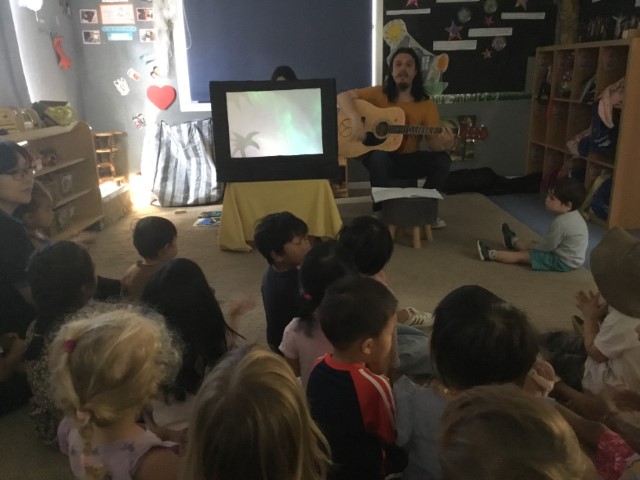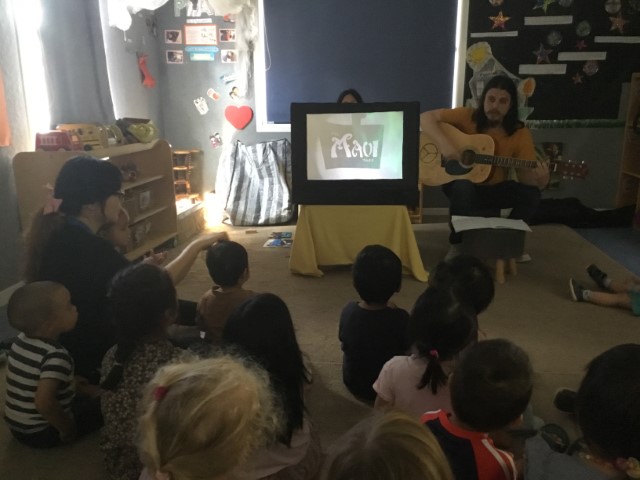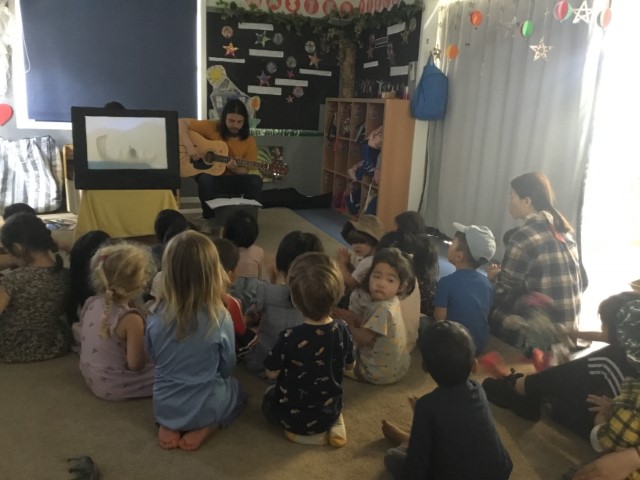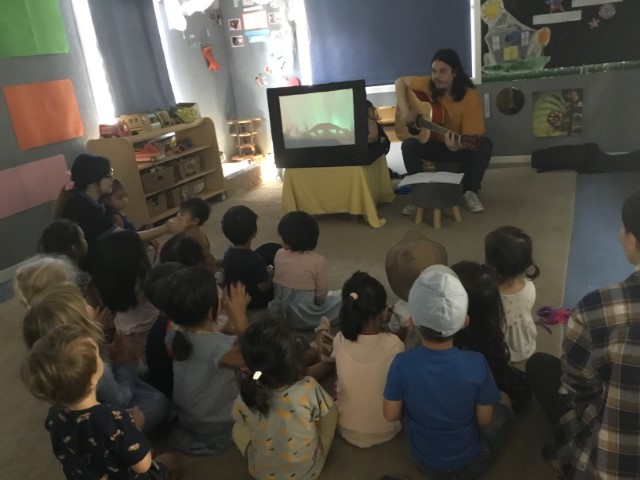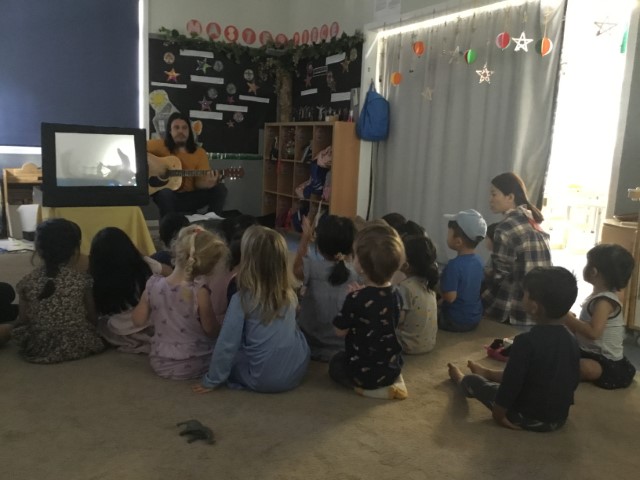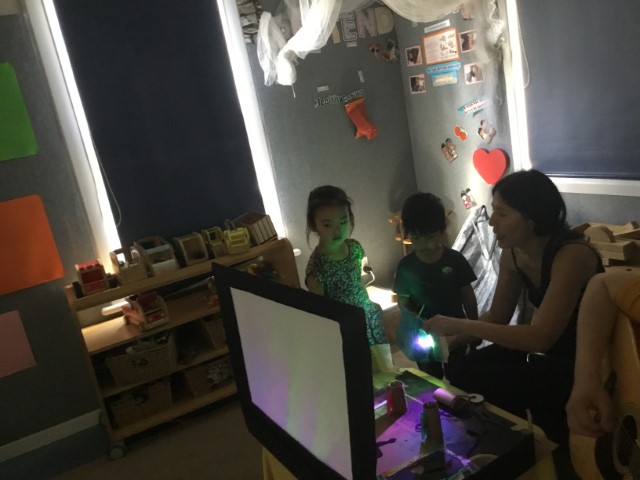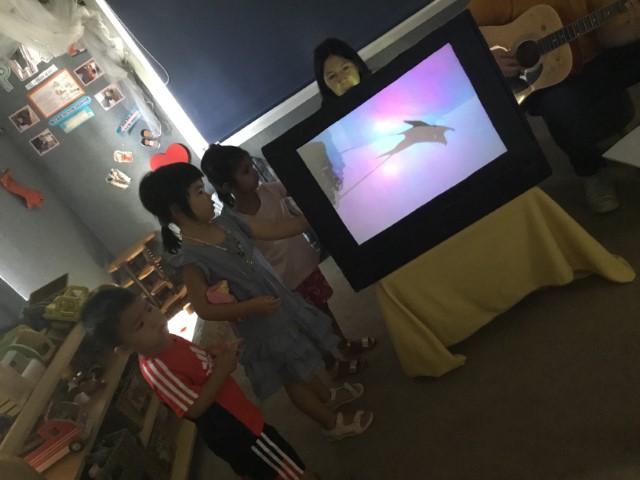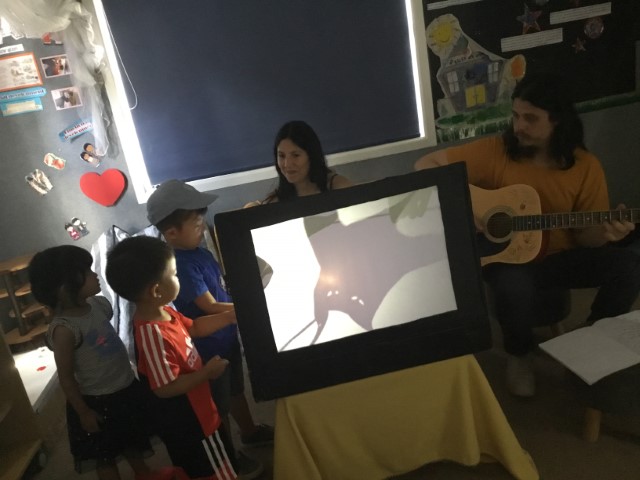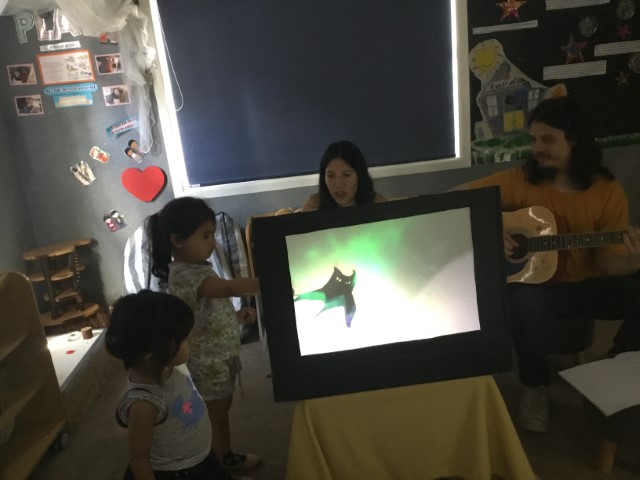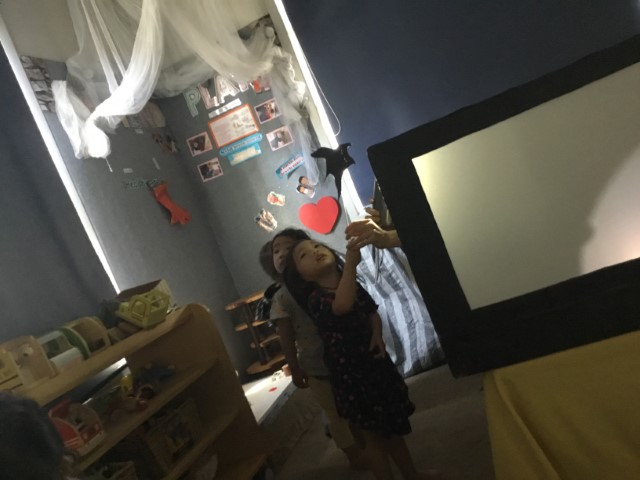LATEST STORIES
Waitangi with "Maui and the Fish"
Beststart Newmarket celebrated Waitangi Day on 3rd February. This year we celebrated it a bit differently. We learned about the traditional legend of how Maui fished up the North Island of New Zealand. We had an exciting time learning about the legendary story through shadow play. "The garden of the shadows" team narrated the story "Maui and the Fish" through shadow play.
One of the greatest stories of Māori literature recounts the fishing up of the North Island. It begins with Māui and his brothers setting off on a fishing expedition where he cast a fish hook made from his grandmother’s jawbone and hauls up his catch above the water. The land, the North Island, became known as Te Ika-a-Māui (the fish of Māui). The stern of Māui’s canoe is the southern tip of the South Island.
Children had fun watching the story through music and dialogues. They were excited to learn how these shadows were created. After the shadow play, children had an interactive session where they learned to make puppets and place them in such a way to make shadows. They were fascinated by the story and later they looked at the shape of North and south Island and some of them thought that it looked like fish. Later they made their own puppets with the help of teacher Lily and tried to do shadow play for the story "Maui and the Sun".
When we are teaching about Waitangi day, it’s not only about remembering and honouring the signing of the treaty but it’s about celebrating all that’s involved in this. The key to this is to provide children with knowledge, resources and language that helps them to begin to gain an understanding of our shared history and partnership in New Zealand/Aotearoa. Although the historical understandings are important, we start with simple aspects such as language, stories and culture to help them foster an inclusive learning environment whilst working in partnership with both pakeha, Māori and our multicultural community.



